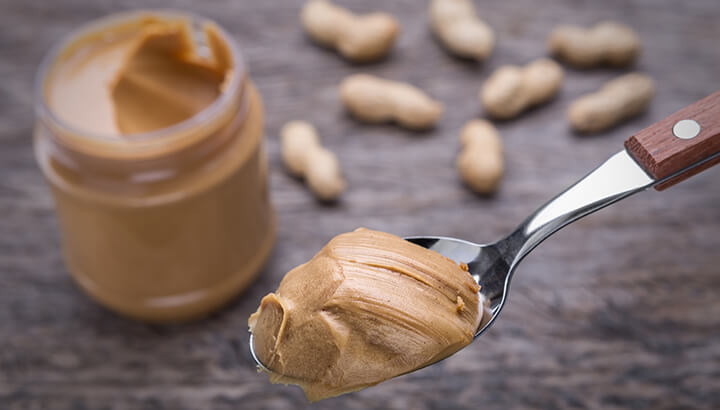Here’s a math problem you won’t find in a textbook. I know you probably hate math…but solving this equation will help you subtract inches from your waist while adding years to your life.
Note: The man in this equation is a patient I saw last week. He’s a history teacher who hates math. The physician in the equation is… me :-)
Problem (The symptoms)
A young man complains to his doctor that he’s been suffering from insomnia for weeks for no obvious reason. One clue in his history is that he’s been on a health kick in the last few weeks and has been eating a healthy dinner around 5pm and avoiding eating anything between dinner and bedtime…which is around 10pm. His complaint is that he wakes up every night at around 3am feeling awake and alert.
Hypothesis (The diagnosis)
The wise physician proposes a hypothesis that this man’s blood sugar is dropping while he sleeps. This results in a mild form of hypoglycemia, which stimulates the release of cortisol from the adrenal gland. Cortisol is a stress hormone and one of its main jobs is to elevate blood glucose levels. The hypothesis is that the cortisol response is responsible for the man’s insomnia.
Solution (The prescription)
His doctor writes a food prescription: Rx: 2 tablespoons of peanut butter every evening before bed. This should help to keep his blood sugar stable through the night which will prevent the cortisol surge that has been waking him up at 3am.
Variable (The side effects)
The man (health conscious as he is) wants to know how many calories are in the 2 tablespoons of peanut butter that he will be consuming each and every night. The physician explains that each serving size (2 tablespoons) contains about 200 calories. With this fact in mind, let’s do some simple math.
Deductive Logic
- 200 extra calories per night X 30 nights = 6000 extra calories per month and 72,000 extra calories per year.
- Every 3500 calories = one pound of fat.
- 6000 extra calories per month will lead to gaining nearly 2 pounds of extra fat per month or 20 pounds of fat per year!
- QED: Eating 2 tablespoons of peanut butter a night for one year will cause this man to gain 20 pounds.
Extra Credit: (The take-home message)
In this case…the treatment worked! The patient is now sleeping through the night and feeling markedly better. But he needs to be careful not to fall victim to the lesson in the math problem above. If he continues to eat 200 calories of peanut butter before bed and he wants his weight to stay stable…he’s going to need to eat 200 fewer calories elsewhere during the day. (Or he’ll need to find a way to burn 200 more somehow.)
Yes, human physiology is a bit more complex than that simple equation…But the point of this math problem isn’t to create a mathematical proof. Instead, it’s to call attention to how small changes in your diet (including the calories you consume) can really add up over time.
Thankfully, the math works in reverse too:
Cutting out just 200 calories per day (the amount in just 2 tablespoons of peanut butter, ½ of a donut, or a small piece of cheese, or 16 oz of soda) will result in a 20-pound weight loss over a one year period.
For most people, a 20-pound weight loss in one year is fantastic progress. When you think about it that way…I hope you like math just a little bit more than you did before.
By the way, there’s no quiz at the end of this article, but I sure hope you’ll put this equation to the test.
Take good care,
Dr. Josh









